|
2/18/2023 The Rise of the Far Right on College Campuses By: A.F. Lewis & Christopher T. ConnerRead NowThe recent decision by Governor Ron Desantis (R-FL) to fire the President of New School University, replace the board of trustees, and to abolish diversity equity and inclusion programs in higher education came as a shock to even most conservatives. His swift enactment of policy is yet another casualty in the “war on wokeness.” However, to far right researchers, and those working on university campuses this was less surprising. Most people have a view, largely shaped by the media, that college and university campuses are bastions of left-wing ideology. However, even during the 1960s antiwar protests movements, colleges and universities have always had a sharp conservative bent. Over time the work of student movements has been folded into the corporate structure of the institution. What most people are likely unaware of is a new phenomenon happening across college campuses in which far-right organizers have sought to use them as a place for contestation, recruitment, and protest/counter protest. Since 2011 hate crimes on college campuses has been on a sharp rise in the United States. The latest available data, at time of publication, from the Anti-Defamation League (ADL) found a total of 313 cases of white supremacist material on campuses for the 2018-2019 school year. These cases include bomb threats to historically Black Colleges and University, gag orders against teaching, threats to specific scholars, and the weaponization of critical race theory to create controversy over curriculum. Far right ideology has been mainstreamed largely through online community building and organizing, and manifested in physical space with use of violence—like when conservative pundits Richard Spencer or Milo Yinappplous schedule lectures on campuses and planned marches such as the Unite the Right Rally on University of Virginia campus in 2017. This would explain, at least anecdotally, why there are increasing reports from educators (that we have spoken with) about the increased presence of racist, sexist, and discriminatory behavior across college campuses. Some of these incidents, like the recent controversy at the University of Missouri where a student used racial slurs in a snapchat message to another students and joked about the murder of three Black University of Virginia student athletes, illustrating the limited power that University administrators have over these kinds of situations. While administration later condemned the student’s post, the University was unable to take disciplinary action under the First Amendment. This is a major area of controversy and contradiction in the contemporary era of the American university—that condemns racial discrimination, yet rarely takes action against racist incidents or confront many systemic issues within the institution. Students took to social media, first to bring the incident to the administration’s attention, and when nothing was done, to express their outrage. Mizzou YDSA (Young Democratic Socialists of America), posted their annotated version of the announcement made by administration. Incidents like the one above are in fact nothing new for college campuses. While a few anecdotes might be hand waved away as a few bad apples, our own research on the far right reveals something a bit more deliberate than a leaked electronic communication. The Southern Poverty Law Center tracked recruitment flyers by white nationalist groups from 2016-2017, reporting 329 flyers across 241 college campuses—like the one’s below. It would seem, based off these early observations, that far-right groups are initiating the same tactics across University systems. Even here we see administrators either unable, or unwilling, to act against these flyers. Despite conservative accusations that they are being silenced, or censored, empirical studies and experts have show that this is not the case at all. As Vegas Tenold observed in his 2018 book “Everything You Love Will Burn” the demographic of the Alt-Right that attend universities consists mainly (but by no means exclusively) of “white frat boys [who] could now explain to the world how white frat boys were the true victims of feminism, affirmative action, and other forms of anti-white persecute and could, with a straight face, stand up in public and rejoice in someone finally fighting for their rights as white, affluent college guys.” These individuals are often armed with the full strength of their connection to the University, outside online communities, formal organizations with resources, and even the support of some politicians. As educators we have both seen the impact that conservative leadership has had on the state of higher education. This includes cuts at the state and federal level, but also a retooling of higher education towards a consumer model. The impact on higher education has been an erosion of standards in favor of student retention and satisfaction. While the move to a more “student centered” model has some merits, under conservative leadership it has been weaponized to remove people who disagree with conservative ideology—including those trying to make their students think critically about religion, those with low teaching evaluations (which are disproportionately women, people of color, and other minorities), or those who would criticize the University. While University leadership is unable, or unwilling, to challenge the status quo (i.e., Board of Trustees or other elected officials) students are mobilizing to change this system. Some of this is already taking place such as within the University of California school system in which students went on strike over low wages, poor health care, lack of COVID-19 protections, and a variety of other issues. The growth of far-right ideology is a result of the University adopted a consumer “student centered” model of education. Just as students in the 1960s had to learn how to find their voice, students today are doing the same. However, speaking out on campus can come with consequences. As we write, striking Temple University graduate students are losing their tuition remission, health care coverage, and have one month to pay their tuition bill in full. Perhaps through the actions of these students, and their allies on the ground, a vision of the future that runs counter to that of the alt-right can be more clearly articulated--something the left has failed to do. AuthorA.F. Lewis is a PhD candidate in Sociology with a graduate minor in Women’s and Gender Studies at the University of Missouri, Columbia. Their areas of interest are political sociology, social movements, and social theory. Their work has been featured in The Activist History Review and in “Politics as Public Art: The Aesthetics of Political Organizing and Social Organizing.” Their forthcoming book from Lexington Books, part of The Frankfurt School In New Times Series, is based on a five year ethnographic study of a Midwestern University. They are currently a lecturer at Université Paris Nanterre in France. Archives February 2023
1 Comment
Charles
2/19/2023 08:52:23 am
These are wolves in sheep’s clothing : victimizers lying that they are victims:
Reply
Leave a Reply. |
Details
Archives
July 2024
Categories
All
|
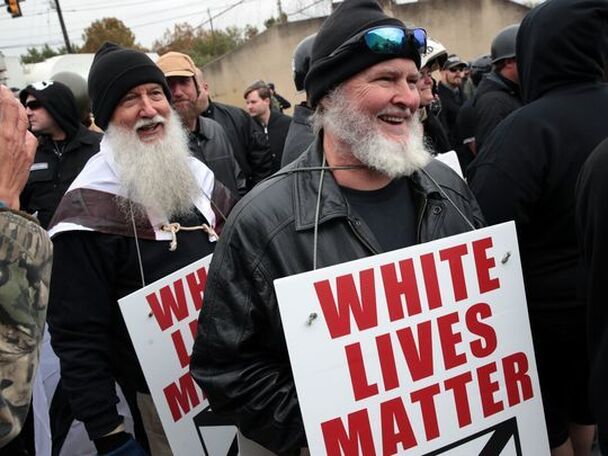
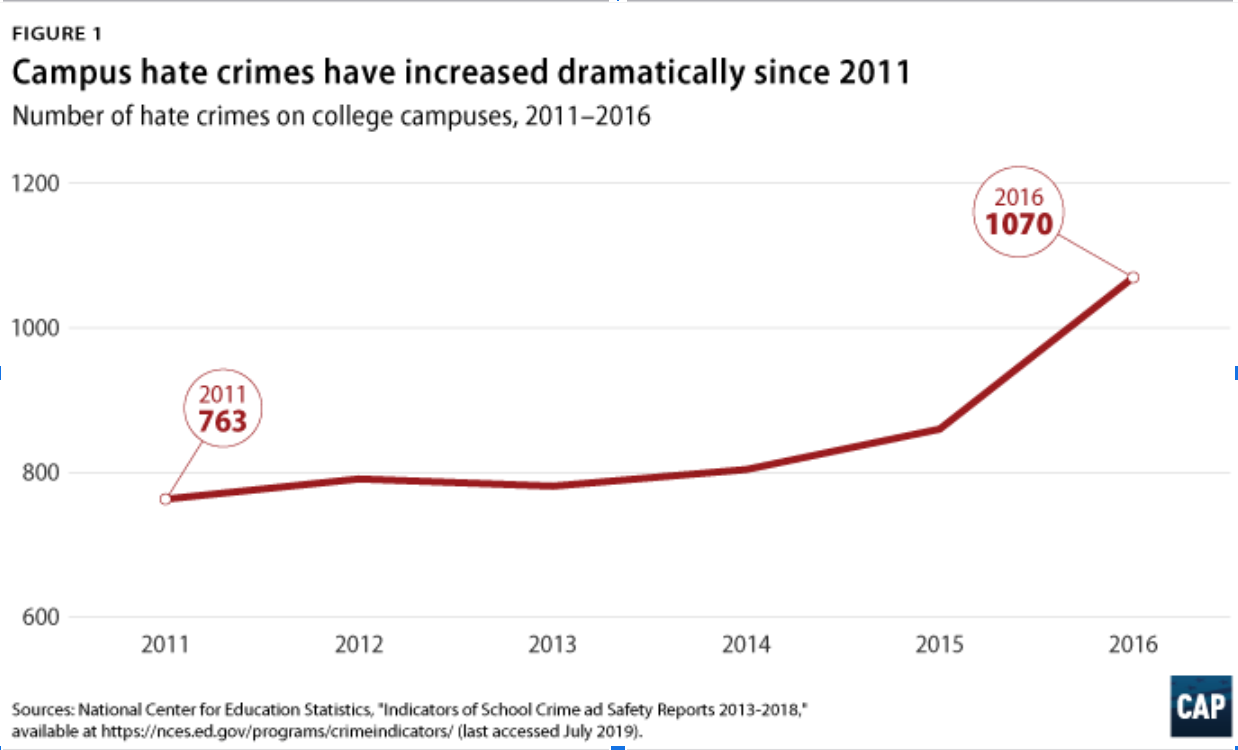
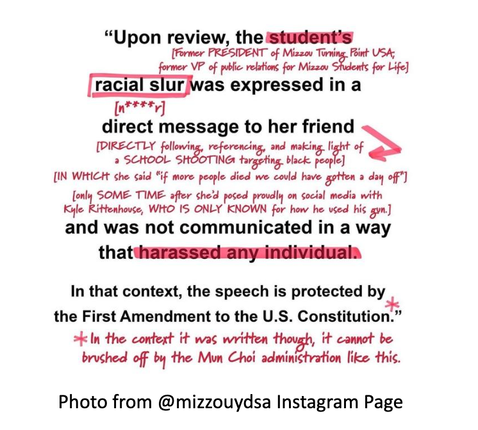
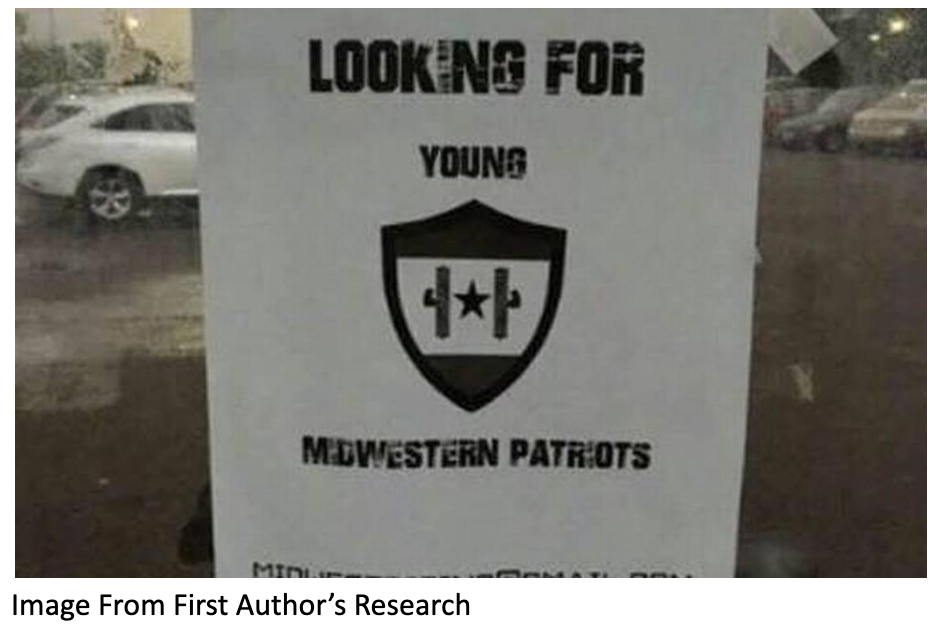
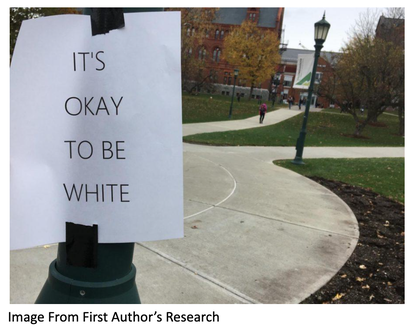
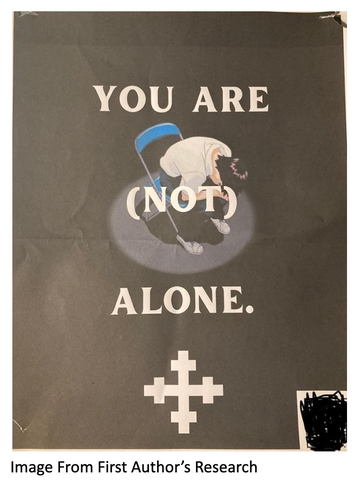
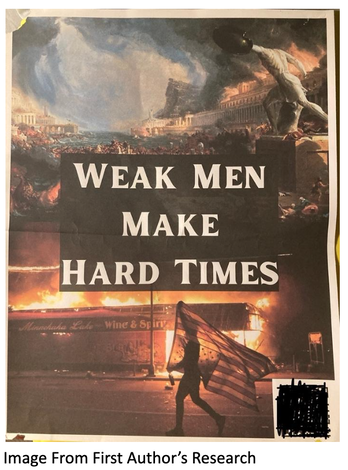
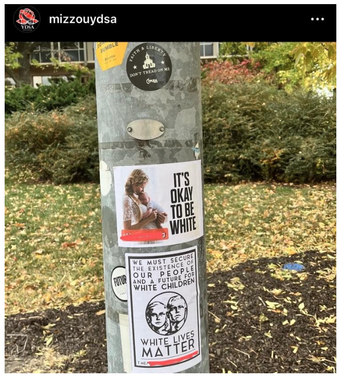
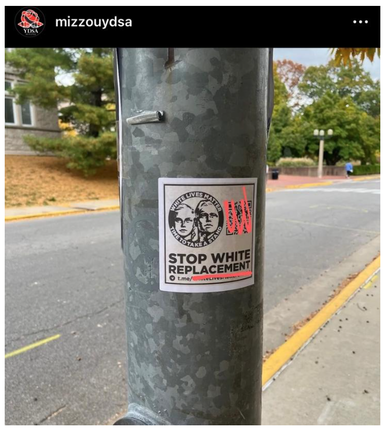
 RSS Feed
RSS Feed